Water Heater Repair
and Troubleshooting Tips
Dealing with pesky water heater issues can be a real hassle, not to mention an unexpected expense. But fear not - our guide is here to help! With practical tips and savvy repair advice, you'll be able to tackle common problems like a stubborn pilot light or a sudden leak in no time. And if you need expert repairs or maintenance to keep your system running smoothly, we've got you covered. Don't let water heater woes get you down - let us help you stay on top of the game.

How does a water heater work?
Experience constant hot water with a reliable water heater! It's easy to use - simply turn on any hot water fixture and let the heater do the rest. Cold water enters the tank and is quickly heated using electricity or gas. Hot water flows right to your tap! As you use hot water, the tank refills and the cycle continues. Understanding the basics of a water heater will help you troubleshoot any issues that may come up. Enjoy uninterrupted hot water with a water heater you can depend on!

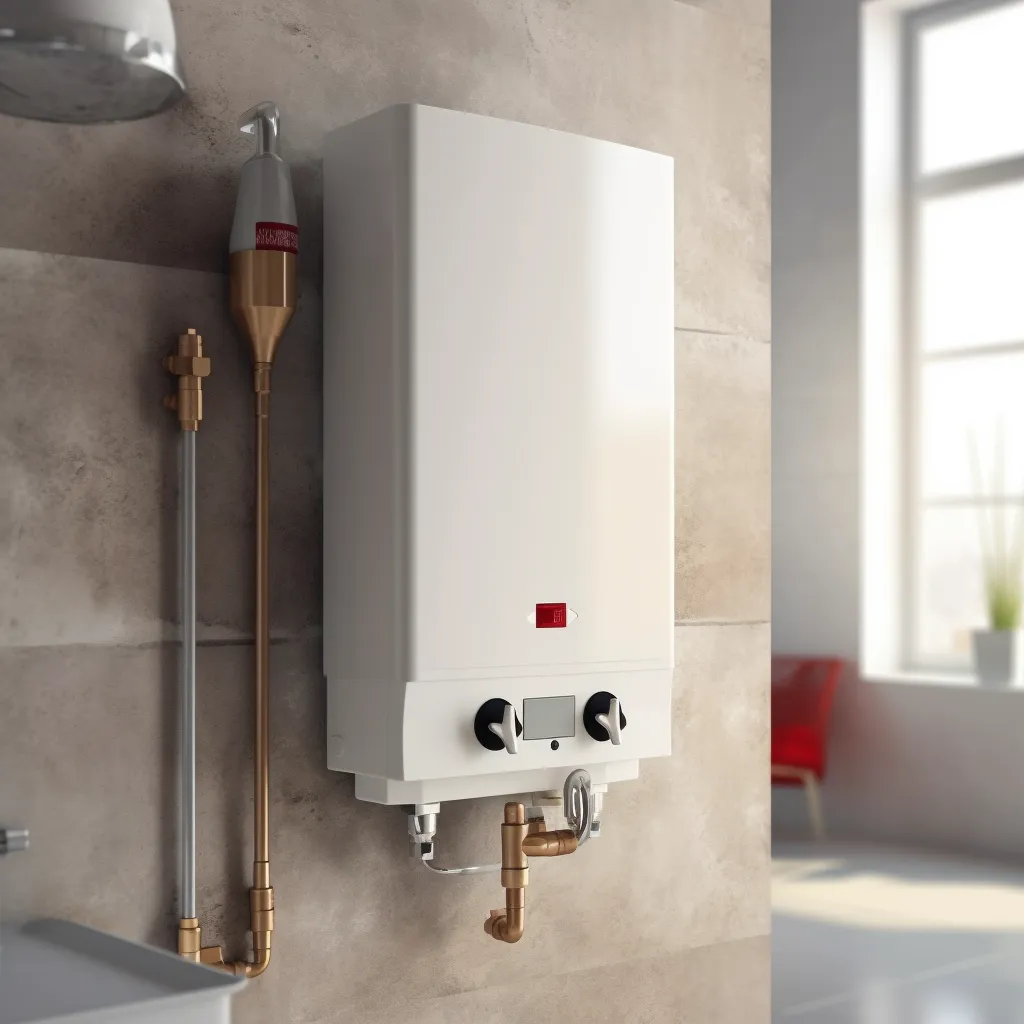
To avoid breakdowns, proper water heater maintenance is essential
Never suffer through a cold shower again! Properly maintaining your water heater is key to ensuring a steady supply of hot water. Simple upkeep measures can have long-term benefits, like reducing sediment build-up and extending the life of your machine. Regularly draining and flushing your water heater once a year is an easy and effective solution. It's also important to inspect the temperature and pressure relief valve to ensure efficient and safe functioning. Follow these simple steps to guarantee hot water whenever you need it.
What are common signs a water heater
needs to be repaired or replaced?
Get hot water when you need it by having a reliable water heater. However, they don't last forever - routine maintenance can help extend their lifespan. Don't wait for it to break down, look out for these warning signs and search for "water heater repair near me" for help:
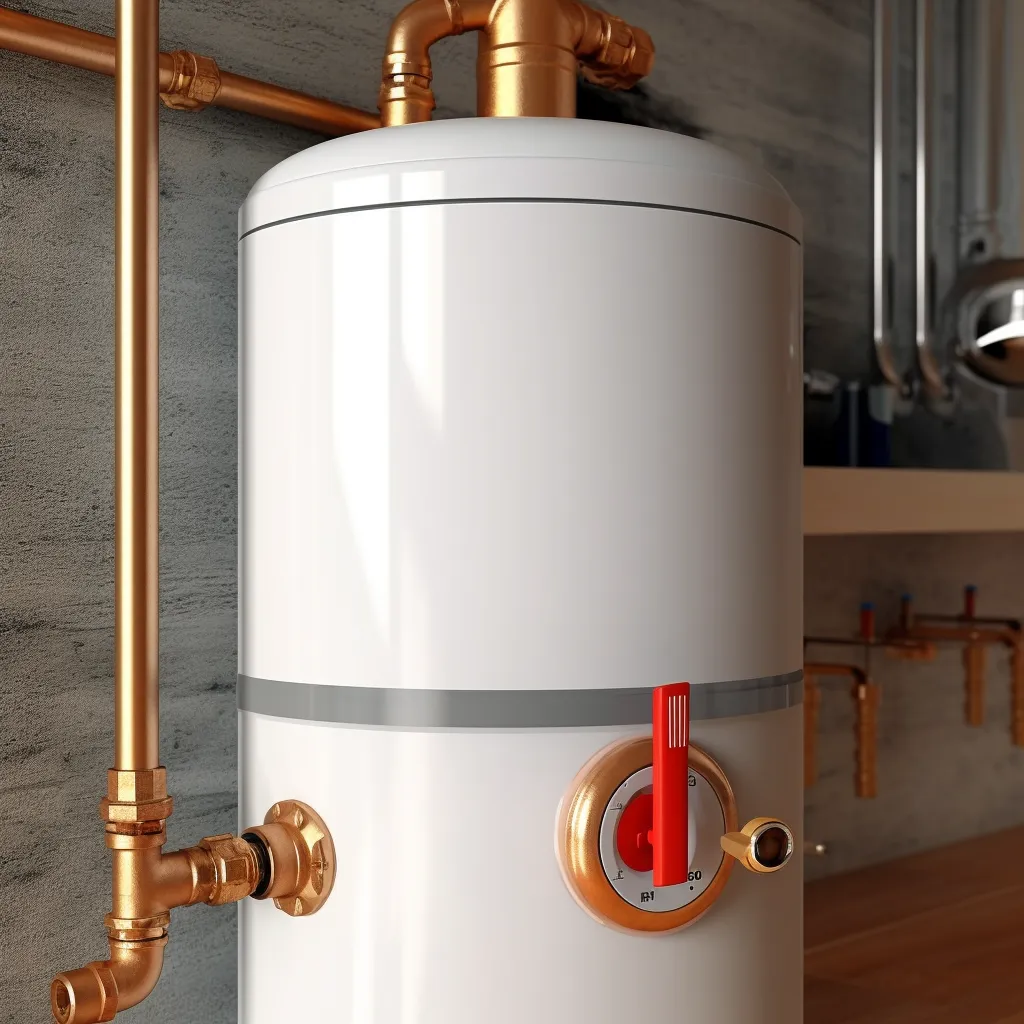
Check if hot water is coming out of the tap. If not, there could be an issue with the heating element or pipes.
No hot water at all? This could be a sign of a malfunctioning thermostat or other internal parts of the heater.
If you notice a leak, don't wait! This could be due to a broken pipe or valve that needs prompt fixing.
Discoloration in water is a red flag for corrosion in the heater tank. It's time to replace it immediately.
Loud banging or rumbling sounds from the heater? Sediment build-up might be the cause, so it's important to address it quickly.
Don't wait until your water heater is fully broken. Recognize the warning signs and act fast to fix it before any major issues occur.
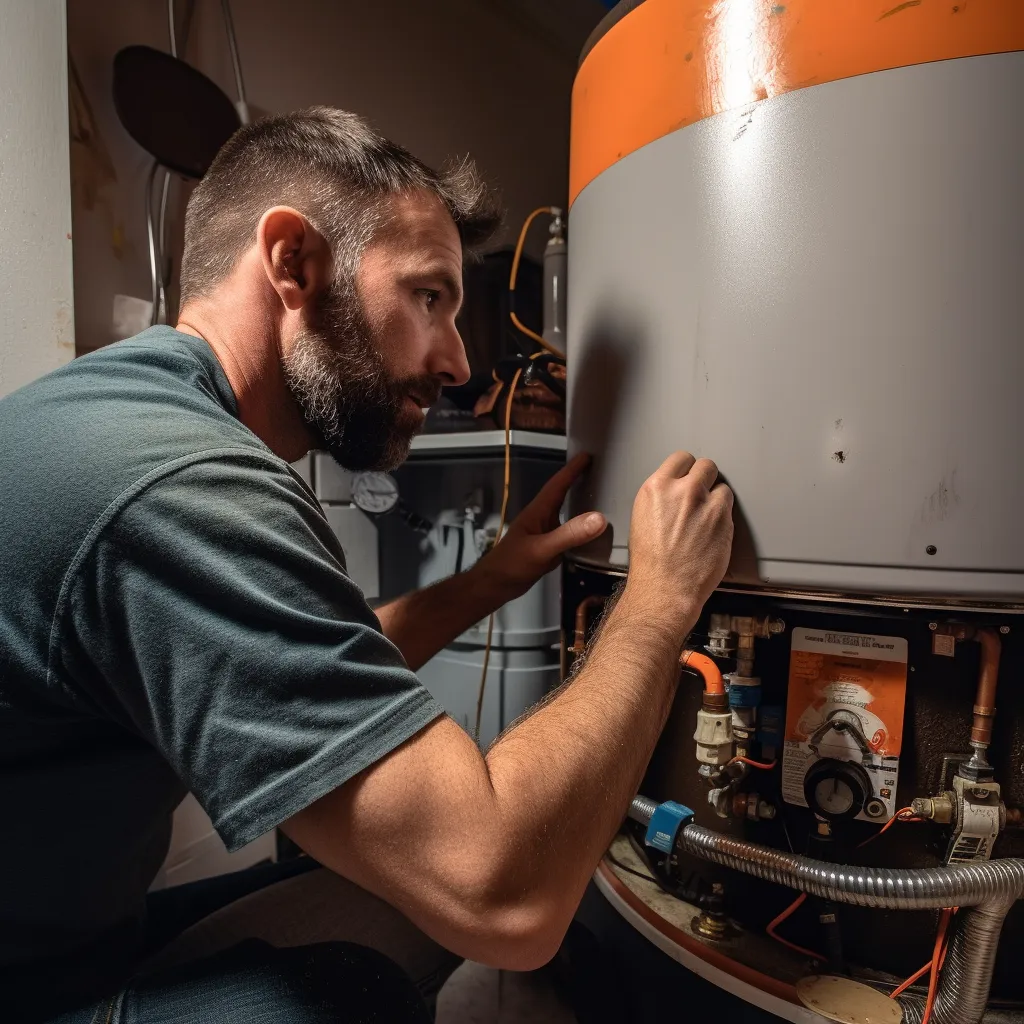
What are the possible causes of water heater malfunctions?
Heater acting up? It could be due to a range of issues like faulty thermostats, electrical problems, or built-up sediment. While you can tackle minor problems on your own, a malfunctioning heater could indicate more pressing issues with your home's systems. Stay on top of regular maintenance and heed warning signs to prevent breakdowns and keep your home cozy.
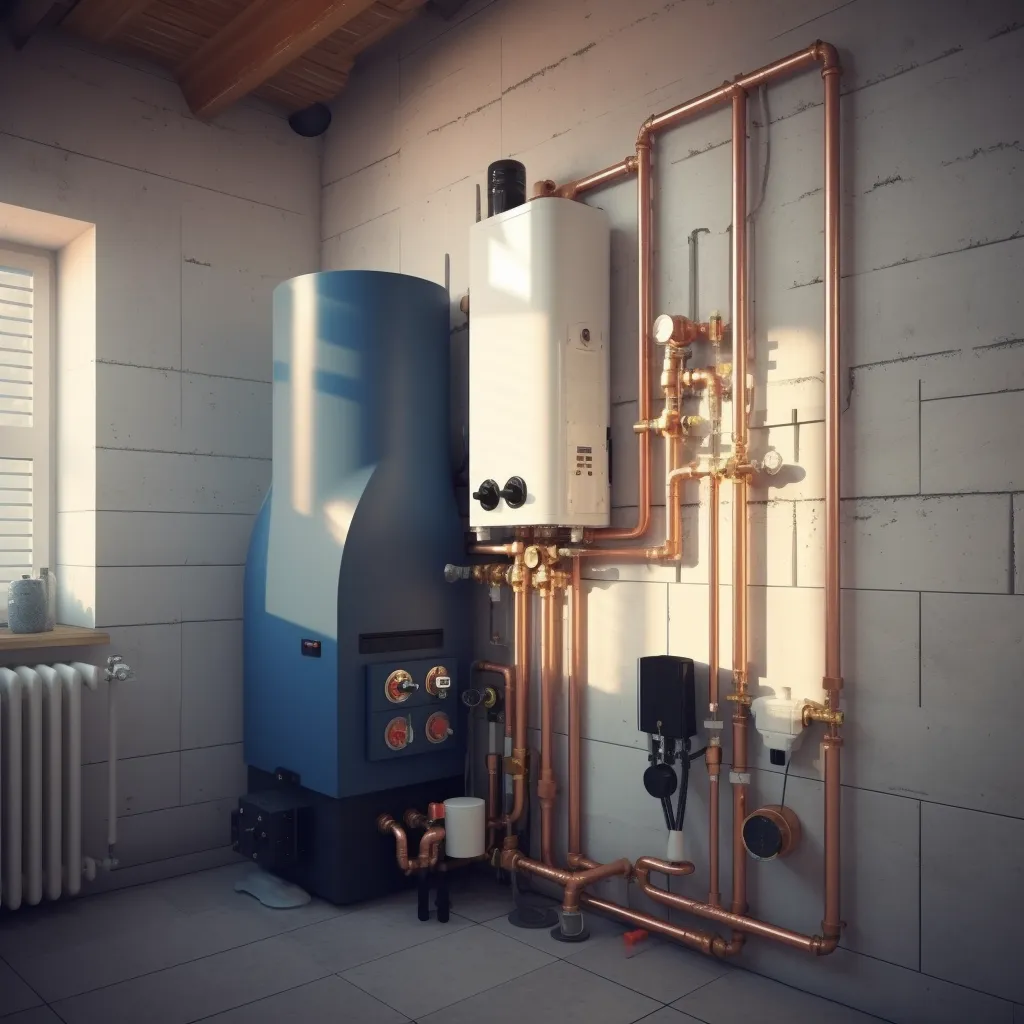
Check the temperature setting on your water heater
Want to ensure the efficiency and safety of your water heater? Checking the temperature is key. Set it too high and risk scalding and energy waste. Set it too low and you'll be out of hot water. The good news? It only takes a few minutes to optimize the temperature and guarantee your comfort and convenience. The Department of Energy recommends 120°F (49°C) as the ideal temperature for both peak efficiency and safety.
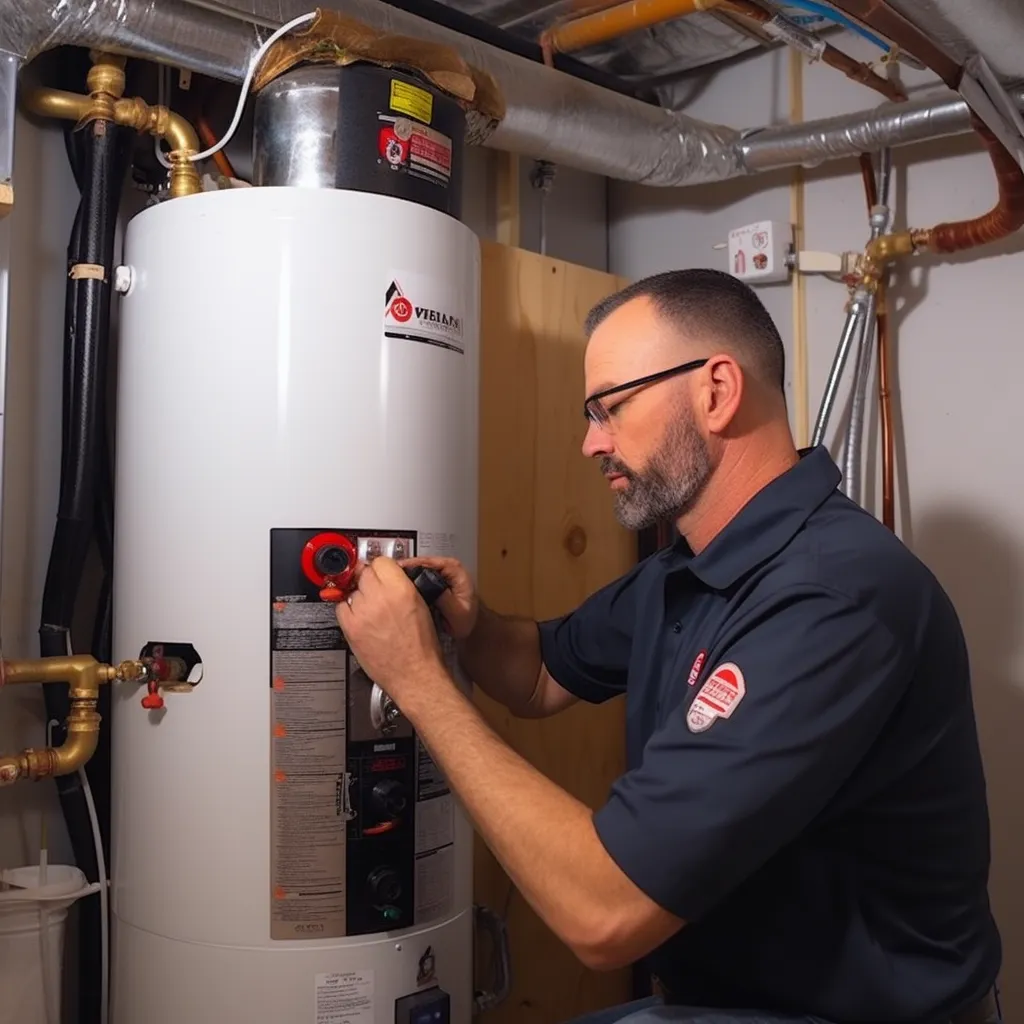
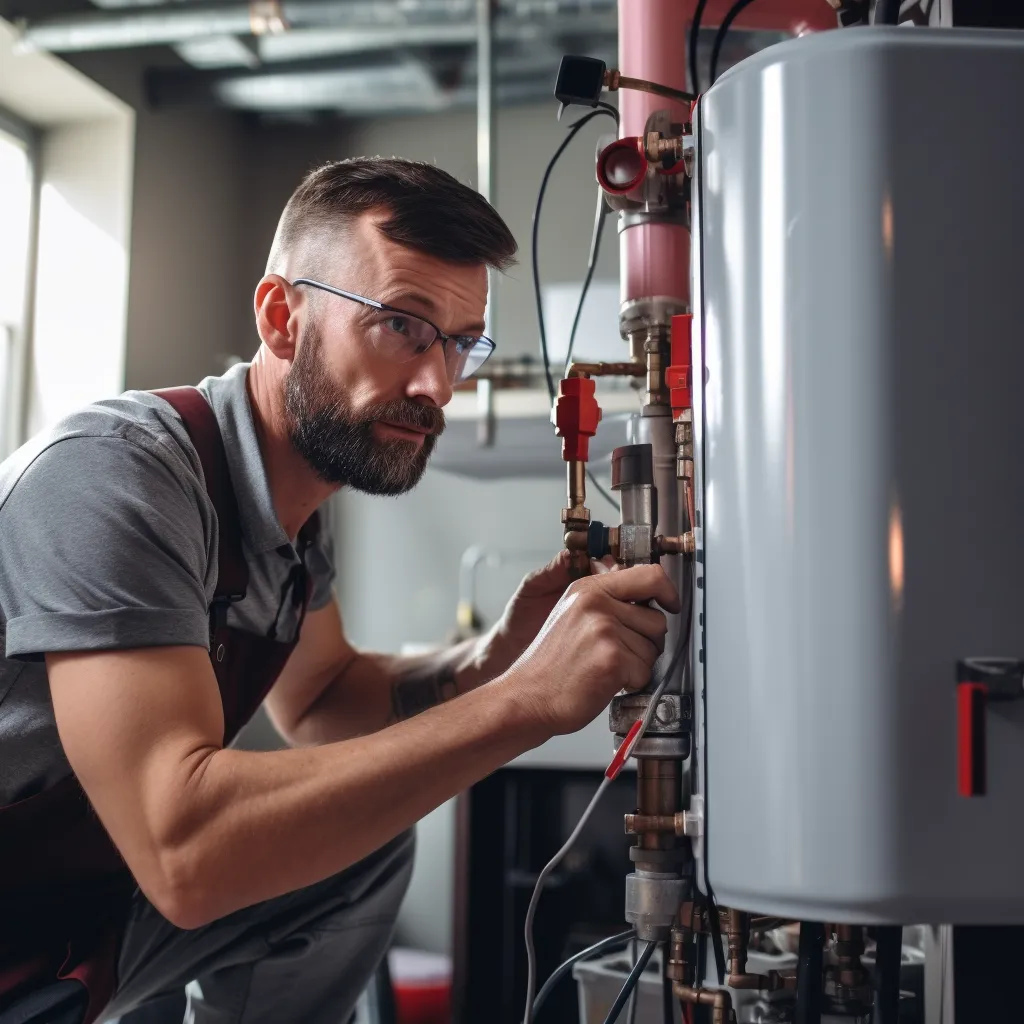
Perform regular
visual inspections
Regular visual inspections are crucial for the upkeep of your water heater. These inspections play a vital role in maintaining its efficiency and detecting potential problems early on. By conducting routine visual inspections, you can easily identify signs of leaks, corrosion, or any unusual wear and tear. Taking care of minor issues promptly can help prevent them from escalating into major complications, saving you from costly repairs or the need for a replacement. Moreover, these inspections offer peace of mind, as they ensure that your water heater operates safely and efficiently. By making visual inspections a part of your regular home maintenance routine, you can ensure that your water heater remains in optimal condition and enjoys an extended lifespan.
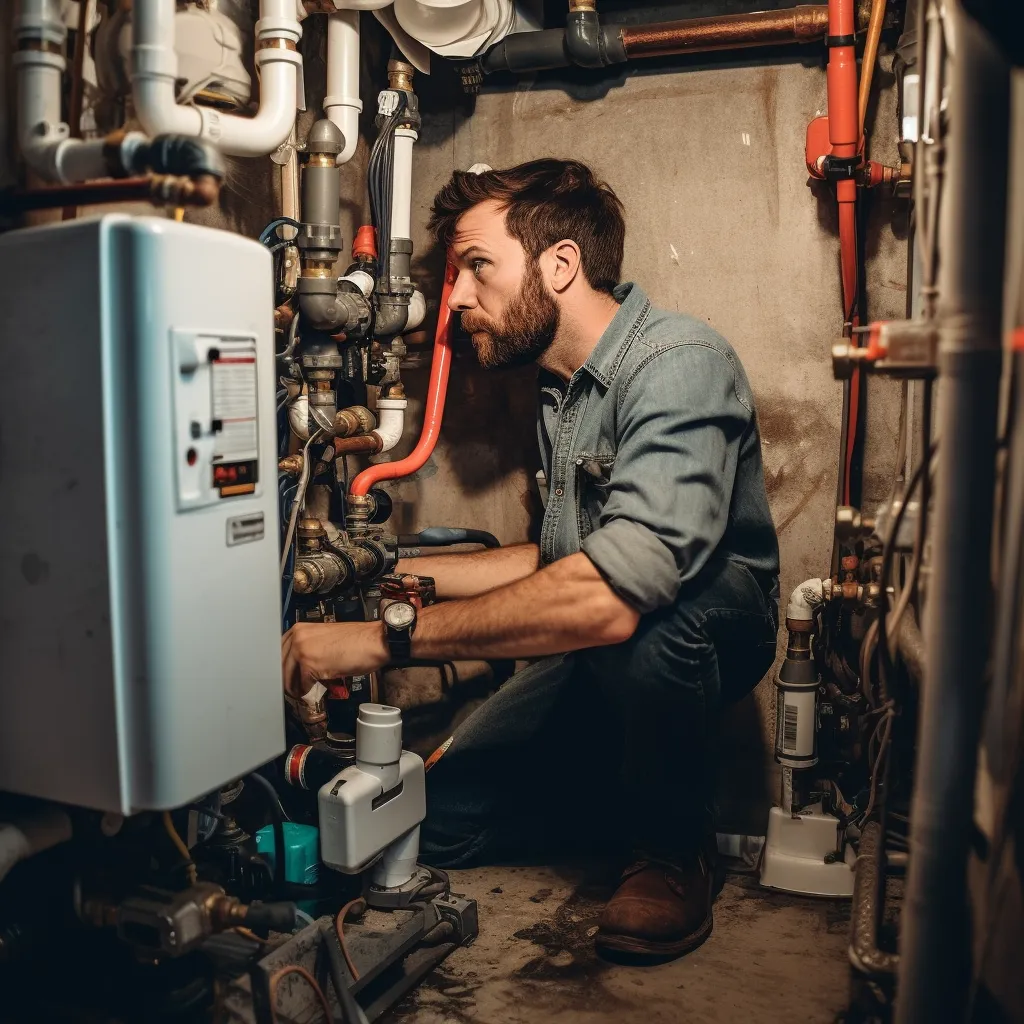
Test the water heater pressure relief valve
to make sure it works
Regularly testing the pressure relief valve of your water heater is essential for ensuring the safety and efficiency of your water heating system. The pressure relief valve serves the important purpose of releasing any excess pressure in the tank, effectively minimizing the risk of explosions or damage to the unit. It is crucial to periodically test this valve to ensure that it functions properly and can effectively relieve pressure when required. By conducting this simple maintenance task, you can prevent potentially dangerous situations and prolong the lifespan of your water heater.

Check for signs of rust and corrosion
around the water heater tank
Regular inspections of your water heater tank are crucial for effective preventive maintenance and reducing the likelihood of leaks and accidents. While rust and corrosion may not always be apparent to the naked eye, they can result in significant problems if left unattended. To ensure your water heater receives the necessary care and attention, make these inspections a priority. By proactively identifying and addressing any rust or corrosion, you can prevent potential leaks and prolong the lifespan of your water heater. However, it is vital to bear in mind that dealing with rust and corrosion requires the expertise of professionals. If you notice any indications of rust or corrosion during your inspection, it is advisable to seek the assistance of skilled professionals.

Water heater connections should be tight and secure
Properly securing and maintaining the connections of your water heater is essential for both safety and efficiency. To prevent potential hazards and water damage in your home, it is crucial to ensure that the fittings are tightly and securely connected. Regularly inspecting and tightening these connections is highly recommended to prevent leaks and ensure the optimal functioning of your water heater. If you're uncertain about the correct tightening procedure or if you detect any signs of leakage, it's best to seek the expertise of a professional plumber. They can help you securely fasten the connections and promptly address any concerns that may arise.
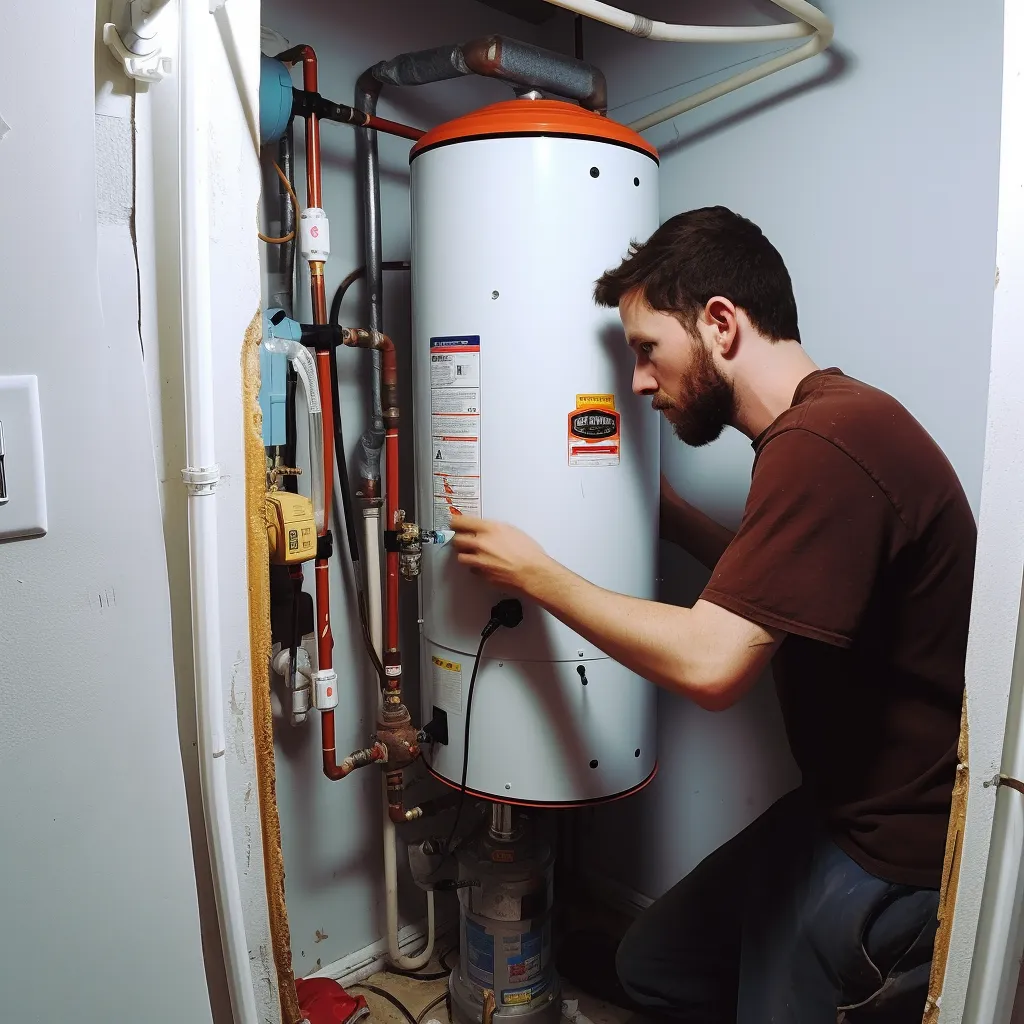
Keep the water heater and pipes free of sediment buildup
Maintaining the efficiency and durability of your water heater and pipes requires proactive measures to prevent sediment buildup. Accumulation of minerals and debris in the tank and pipes over time can result in blockages and reduced performance. Consequently, you may experience lower water pressure, longer heating times, and potential damage to your system. To avoid these problems, it is crucial to regularly flush your water heater and remove sediment from the pipes. By doing so, you can ensure optimal water flow and energy efficiency. It is advisable to adhere to the manufacturer's instructions for flushing and maintenance or seek assistance from a professional plumber. By prioritizing the prevention of sediment buildup, you can enjoy a reliable supply of hot water and extend the lifespan of your water heater.

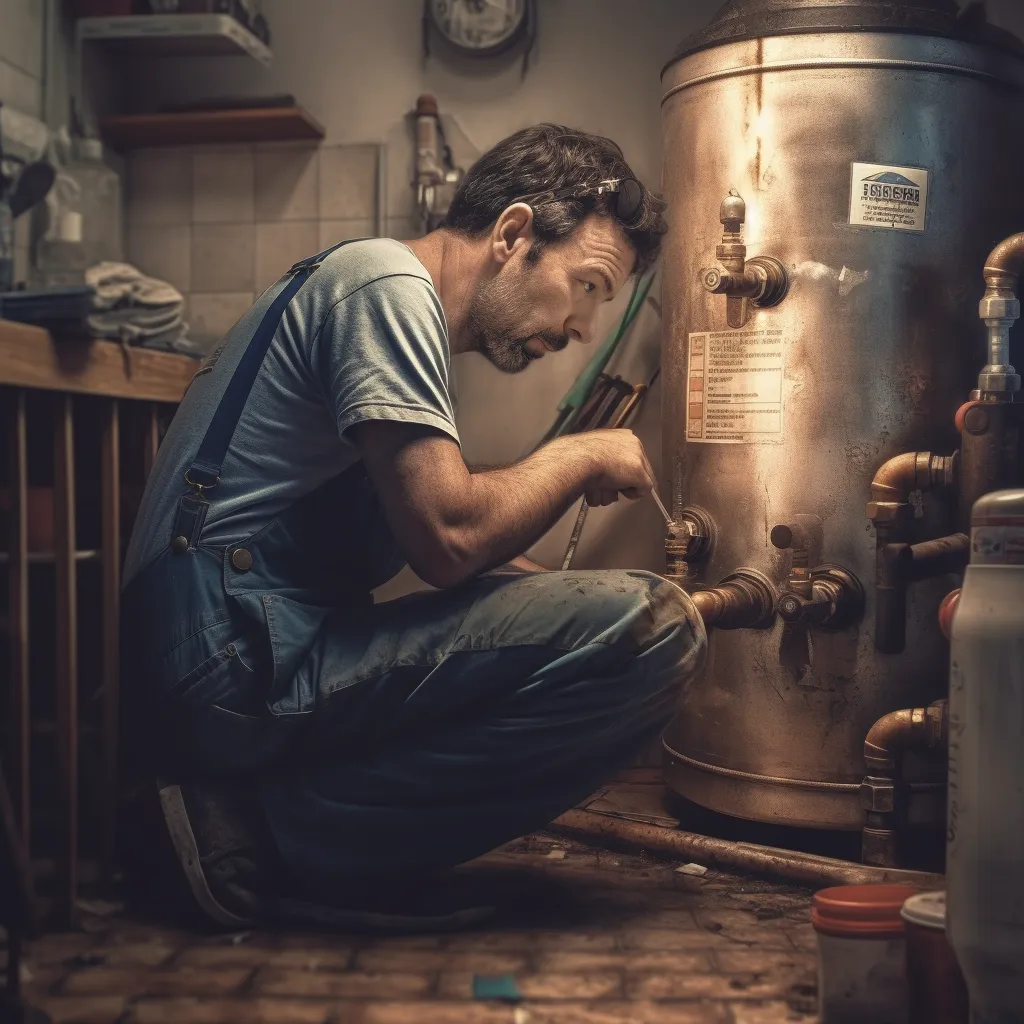
Keep the water heater burner assembly clean
Keeping your burner assembly clean is crucial for optimal performance and longevity of your water heater. Accumulated debris and dust can hinder the flame of the burner, resulting in inefficient heating and even possible harm to the system. By implementing a regular cleaning routine for the burner assembly, you can effectively eliminate any built-up dirt and ensure its smooth operation. The advantages of maintaining a clean burner assembly are manifold. Primarily, it mitigates the risk of costly repairs that may arise from clogged burners or damaged components. Prompt removal of debris prevents issues that could compromise the overall functionality of your water heater.
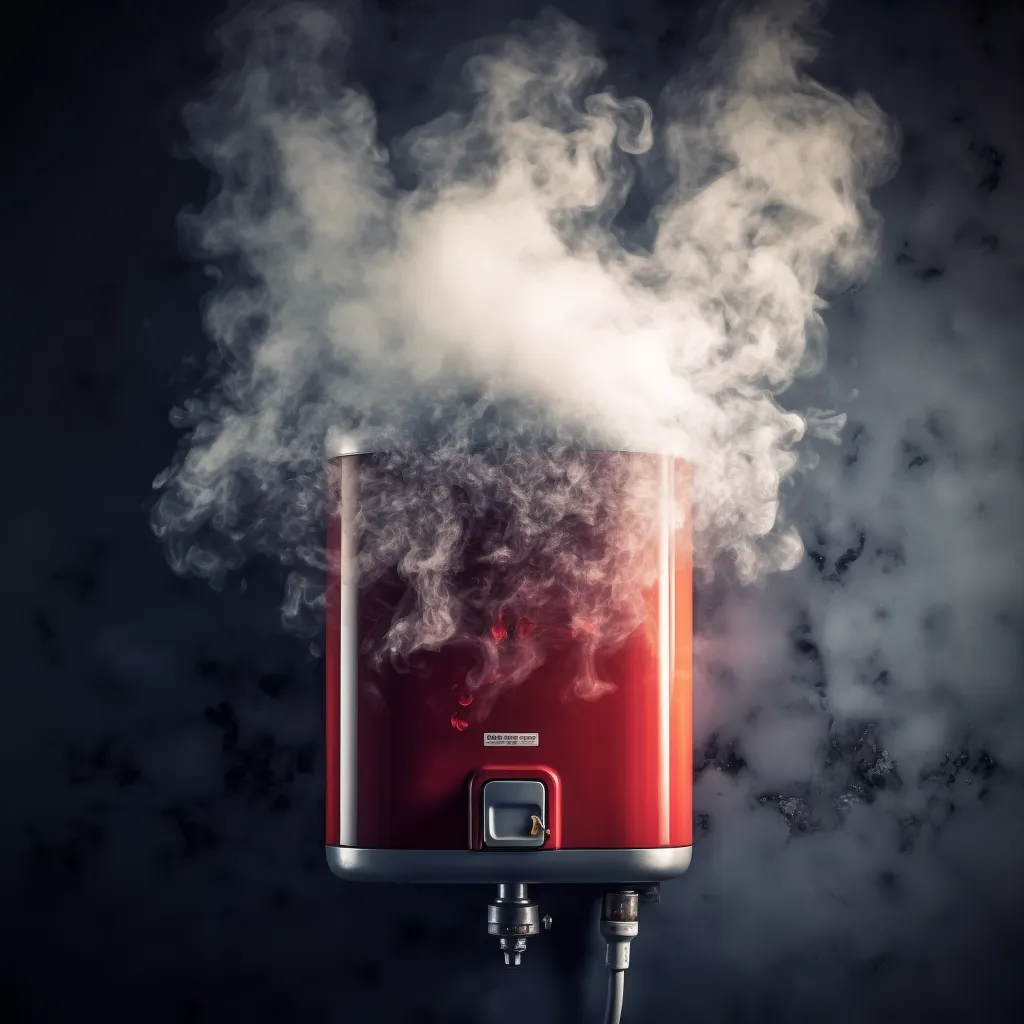
Research the types of water heaters available
and learn how to keep each type in tip-top shape
Homeowners should be aware of the types of water heaters available and their maintenance requirements:
Gas water heaters: flush the tank annually to clear sediment build-up.
Electric heaters: check the anode rod for wear and tear and replace if necessary.
Tankless models: descale the heating elements every few years.
Solar heaters: have an annual check to ensure all components are functioning properly.
Condensing type: inspect annually for corrosion and other issues.
Smart heaters: keep software up to date with annual updates.
Heat pump heaters: check annually for excess heat and other concerns.
Maximize the lifespan of your water heater and prevent potential issues by understanding its unique maintenance requirements. Through familiarization with various types and proper maintenance adherence, homeowners can enjoy uninterrupted and long-lasting hot water supply.

Troubleshooting tips
to help you identify
water heater problems
Is your hot water acting up? Don't call a technician just yet! Save yourself time and money with these simple troubleshooting steps. Whether it's a lack of hot water, temperature issues, strange noises, or leaks, there are a few potential culprits including a malfunctioning heating element, faulty thermostat, or sediment buildup. With some basic troubleshooting techniques, you may be able to diagnose and solve the issue on your own.
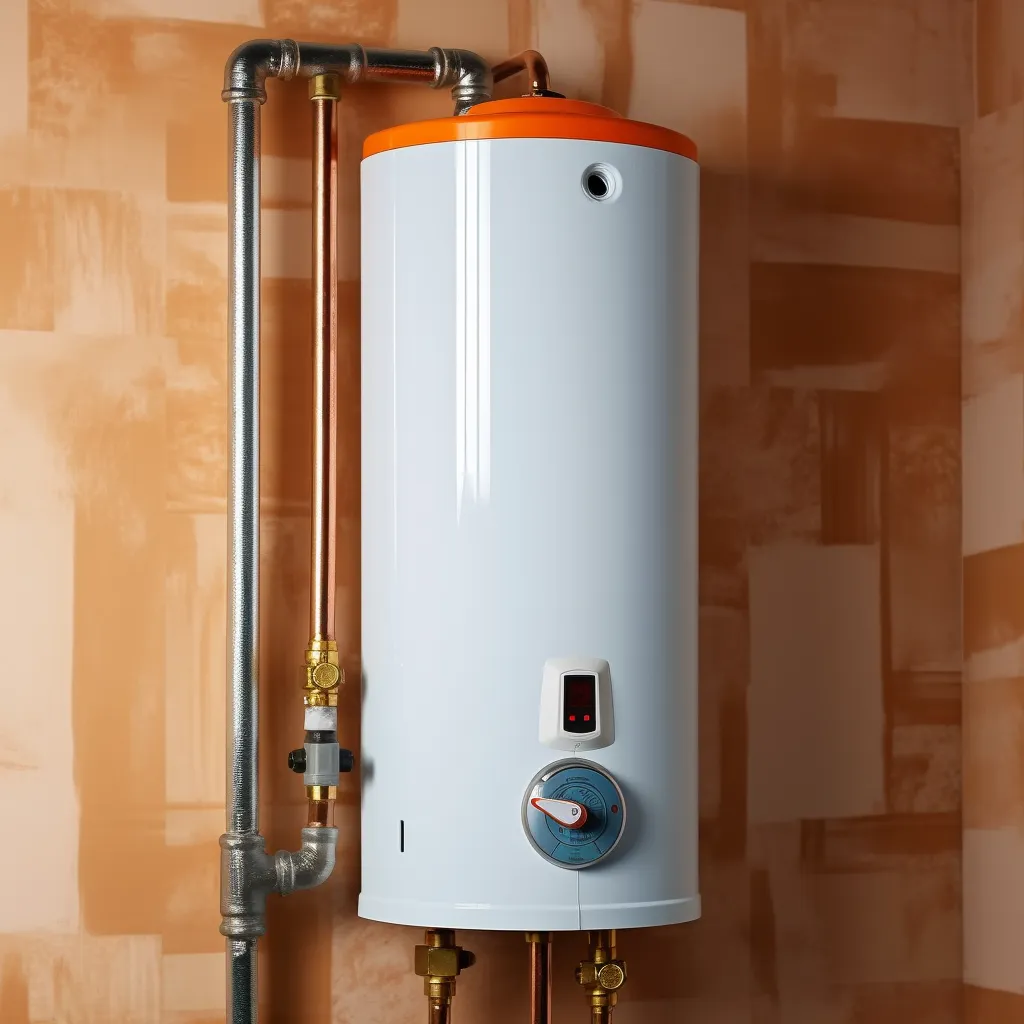
Benefits of hiring a licensed water heater professional
If your water heater is damaged or faulty, don't take chances with your safety and comfort. It's best to seek assistance from a licensed plumber to get the job done. A licensed professional has the know-how to ensure that the job is done right, benefits that come with the expertise include:
We provide comprehensive water heater services, including installation of new systems by certified professionals, inspection and diagnosis of existing systems, repairs, replacements, and maintenance.
Our experts also offer troubleshooting and problem-solving support, along with personalized advice to help you select the best type of system for your home.
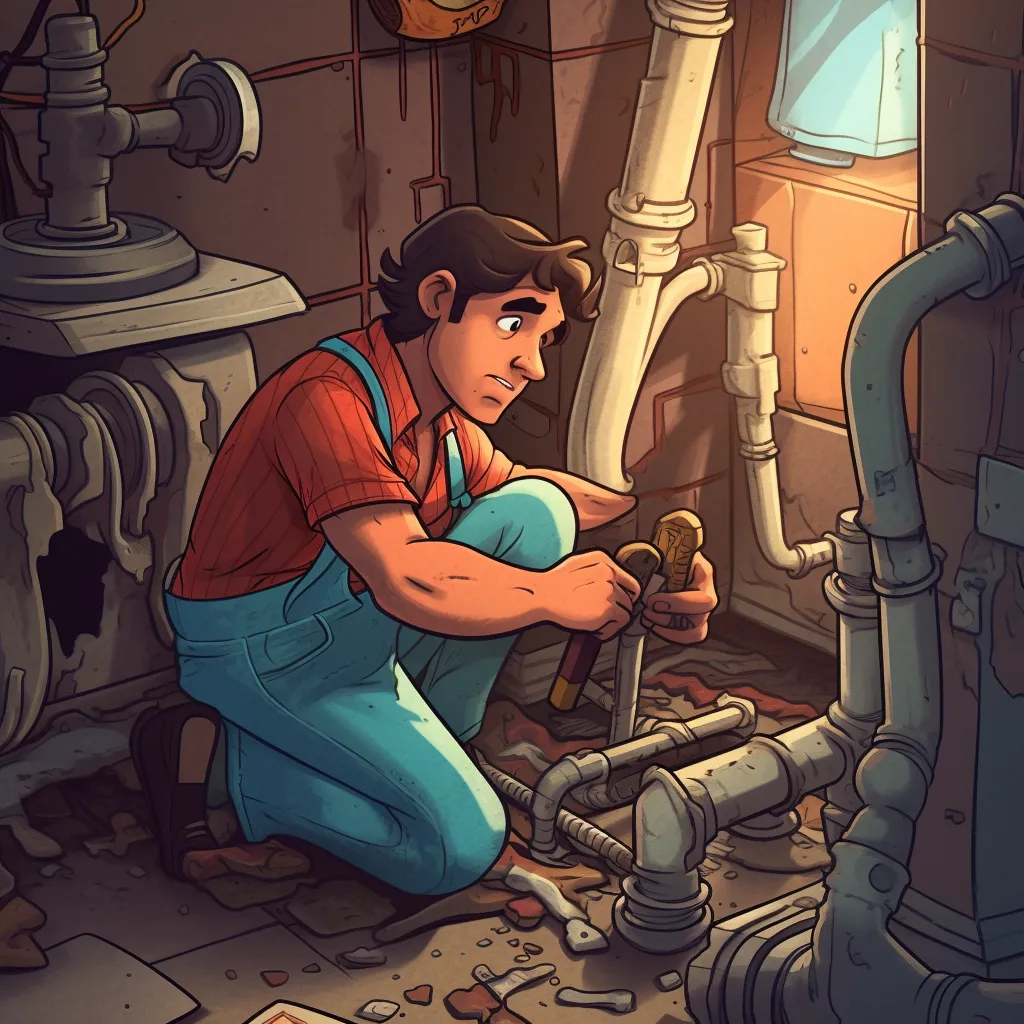
Research is important
Proper water heater maintenance can save time and money. Look out for issues and research the causes of malfunction. Monitor the temperature and pressure, check for corrosion or rust, ensure secure connections, and keep the tank and pipes free of sediment buildup. It's essential to learn about various water heaters and their maintenance requirements to choose one that best suits your needs. Lastly, have a licensed professional verify everything is functioning correctly.
Ready to Solve Your Plumbing Needs?
For reliable, expert plumbing services tailored to the needs of Lake Worth and its neighboring cities, look no further than D&S Plumbing Inc. We’re here for you 24/7, ensuring that your plumbing is always in top condition.
Call us today to schedule your service!
Business Hours: Monday - Sunday, 24 Hours
Phone Number: (561) 823-2535
Location: Central Lake Worth, FL, serving all surrounding areas.
Trust your local experts at D&S Plumbing Inc. for professional, timely, and efficient plumbing solutions.
GET IN FULL TOUCH
PHONE: (561) 823-2535
EMAIL:
david@waterheaterlakeworth.com
D&S Plumbing Inc
Lake Worth, FL 33462
